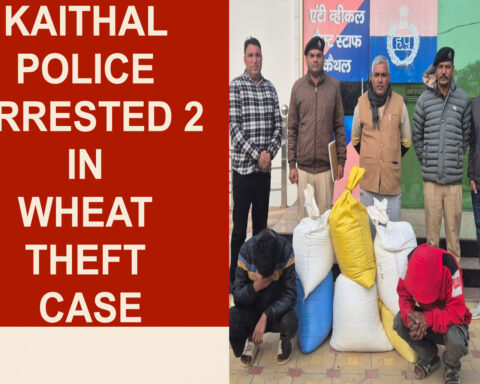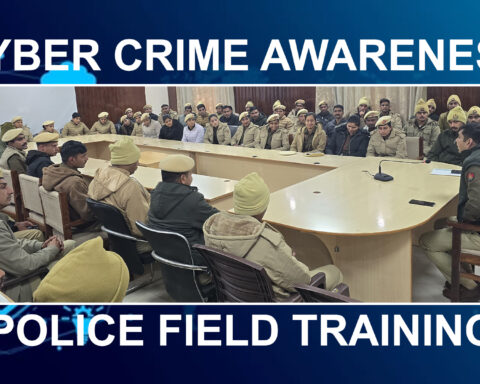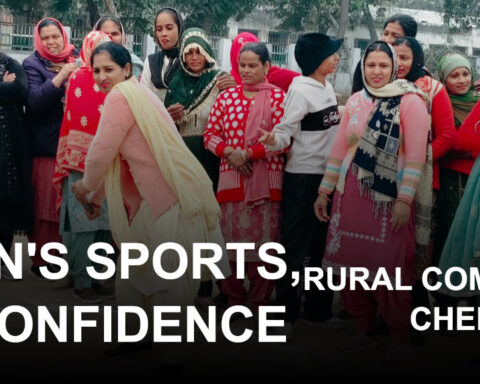Support Fish Farmers with Timely Subsidies and Awareness
The Kaithal administration has taken a strong step toward promoting fish farming. The district authorities have emphasized the need to ensure that government-run schemes reach fish farmers on time. The main aim is to strengthen rural livelihoods and increase income through better planning and execution of fisheries-related programs.
Fish Farming Needs Priority and Prompt Support
On May 1st, Deputy Commissioner Preeti chaired a meeting at the Mini Secretariat in Kaithal. The purpose was to discuss the progress and promotion of fishery schemes in the district. During this session, she stressed that all government initiatives must be implemented quickly. Fish farmers must receive timely benefits, especially subsidies.
She added that market access for fish and related products must also be ensured. This would help farmers earn better profits. Furthermore, all village panchayats should assist in the ongoing fisheries awareness fortnight. They must work actively to spread knowledge about fish farming among rural residents.
Rural Panchayats Must Cooperate in Fishery Fortnight
The DC pointed out that the Fisheries Fortnight should not be a formal event. Instead, it should be used as a platform to educate villagers. Village councils must inform locals about the advantages of fish farming. This step is essential for enhancing income and reducing rural unemployment.
In regions like Kalayat, fish farming can flourish due to the presence of waterlogged land. These areas are unsuitable for traditional crops. Hence, fish farming offers a new income source. Farmers there can gain good returns by switching to fish-based projects.
Self-Help Groups Can Play a Key Role
Women from self-help groups must be linked to these initiatives. This inclusion will not only offer them income but also boost rural entrepreneurship. DC Preeti emphasized this point in the meeting. She directed department officials to interact directly with fish farmers. Any issue in implementing fishery projects must be resolved without delay.
Stop Financial Losses to Farmers
DC Preeti expressed concern about cases where farmers, despite investing lakhs, drop out due to unresolved issues. Such cases show the need for proper field support. Officials must prevent this by staying in touch with farmers and guiding them at every step.
To ensure accountability, she ordered a show-cause notice to be issued. The notice was for the Deputy CEO of the District Council and the chief coordinator of the Agricultural Science Center. They had failed to attend the crucial meeting.
Progress So Far: 293 Active Fish Ponds in the District
District Fisheries Officer Dilbagh Singh shared important data during the meeting. He said there are 152 community ponds and 141 private ponds currently used for fish farming. For the current financial year, a detailed project plan worth ₹726 lakh has been prepared.
The plan includes various fishery-related activities. These are aimed at enhancing production, improving infrastructure, and increasing income for local farmers.
Special Focus on Marginalized Communities
Under the Scheduled Caste Welfare Scheme, key support will be offered to those leasing panchayati ponds. The first lease term will receive a subsidy of ₹50,000 or 50% per hectare—whichever is lower.
Feed and other essential inputs for fish farming are also subsidized. Farmers will get up to ₹90,000 per hectare, or 60% of the cost—whichever is less. For purchasing fishnets, farmers can receive ₹24,000 or 60% subsidy, again depending on whichever amount is lower.
Even carts for selling fish or fish-based products qualify for a subsidy of up to ₹36,000 or 60%. Additionally, for river and canal fishing rights obtained through auctions, a grant of up to ₹5 lakh or 50% will be provided.
Apply for Grants Under Intensive Fisheries Development Plan
The department is also inviting applications under the Intensive Fisheries Development Program. This scheme supports both private and public pond improvement. Solar systems used in fish farming are also eligible for grants.
The Pradhan Mantri Matsya Sampada Yojana continues to be a flagship program. Under this plan, farmers can get a subsidy ranging from 40% to 60% for various fishery activities.
Departmental Collaboration Is Crucial
During the meeting, several officers shared their views and assured cooperation. District Fisheries Officer Dilbagh Singh, DDA Dr. Babu Lal, and Fishery Officer Surya Prakash were present, among others.
They discussed plans to speed up project execution. The team agreed that proper coordination between departments would help remove bottlenecks. This collaboration is key for boosting fish production and improving the financial condition of rural communities.
Conclusion: Timely Action Will Empower Farmers
To conclude, timely subsidy release and proper planning are critical for fish farming success. Farmers, especially in regions like Kaithal, stand to benefit immensely. If government schemes are delivered on time, the sector can become a backbone of rural income.
The administration must remain proactive. Ensuring that subsidies, market access, and project support are not delayed will help farmers stay committed. Rural livelihoods can be transformed if fish farming is treated as a viable business—not just a side activity.


















